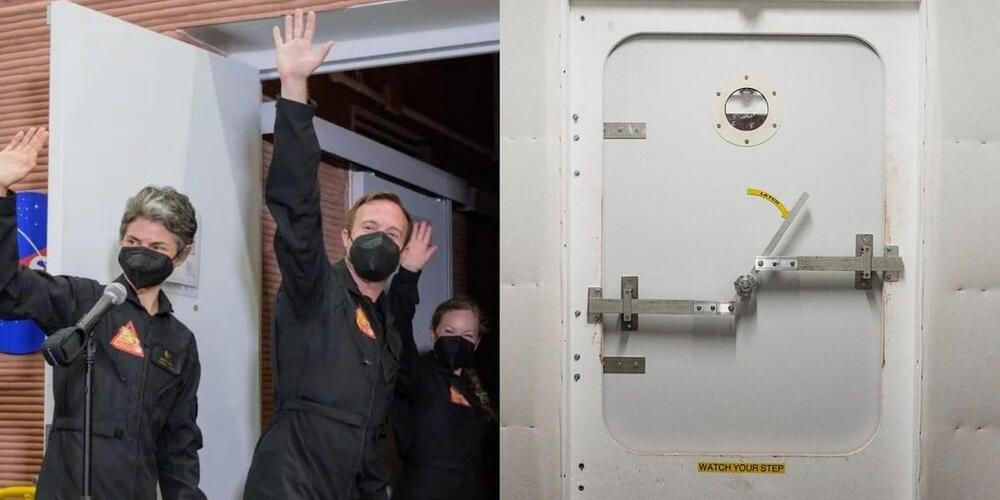Join the discussion on this paper page.
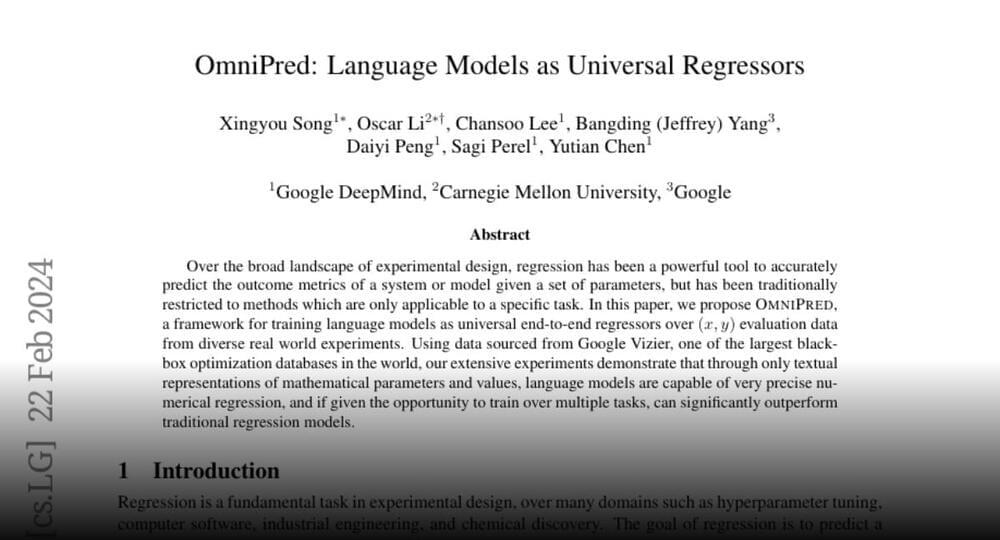

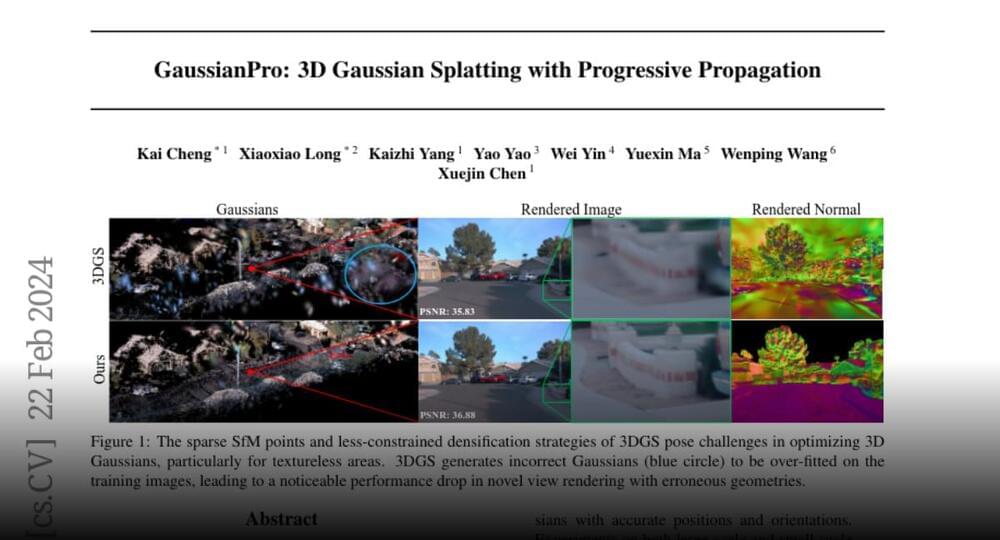
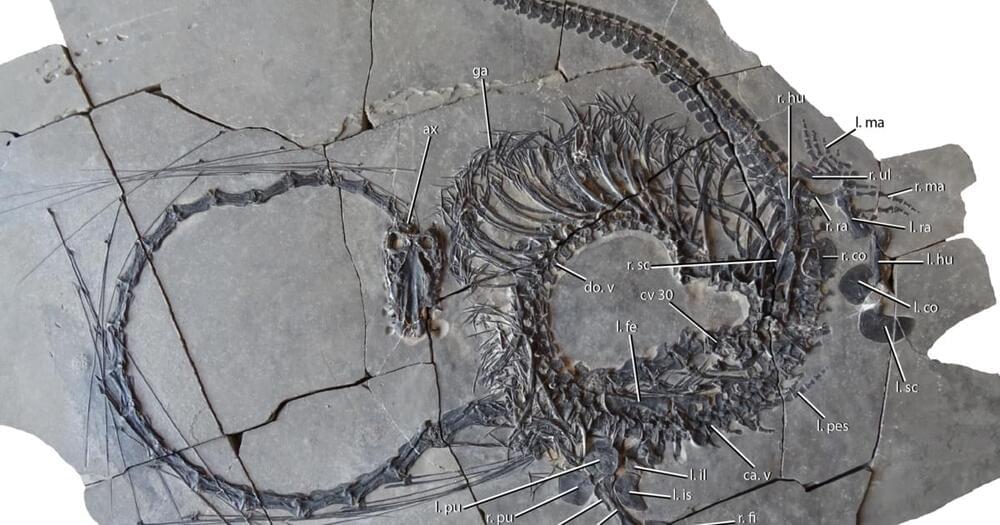
A team of international scientists have discovered 240-million-year-old fossils from the Triassic period in China that one scientist described as a “long and snake-like, mythical Chinese dragon.”
The 16-foot-long aquatic reptile, called Dinocephalosaurus orientalis, has 32 separate neck vertebrae – an extremely long neck, according to the National Museums of Scotland, which announced the news on Friday.
The new fossil has a snake-like appearance and flippers and was found in the Guizhou Province of southern China.
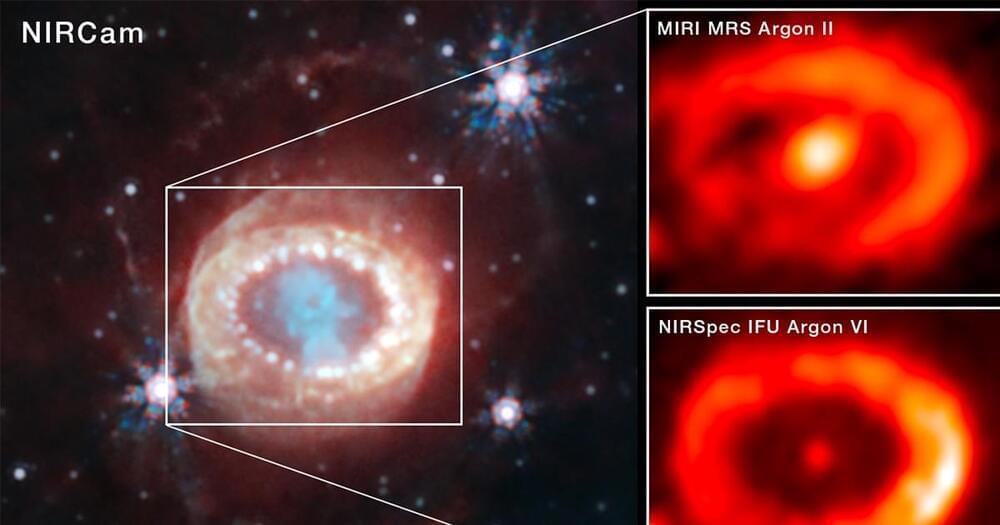
With the help of the James Webb Space Telescope, scientists have figured out a mystery at the heart of a supernova that’s been decades in the making.
As Space.com reports, Supernova 1987A, so named for the year it was discovered here on Earth, exploded so brightly after its death that for more than 30 years, scientists weren’t sure whether it was going to form a mega-dense and compact neutron star or a black hole.
Now, an international team of scientists has begun unraveling the mystery of that long-ago explosion with the discovery of its associated neutron star, as imaged by the JWST and described in their new paper published in the journal Science.

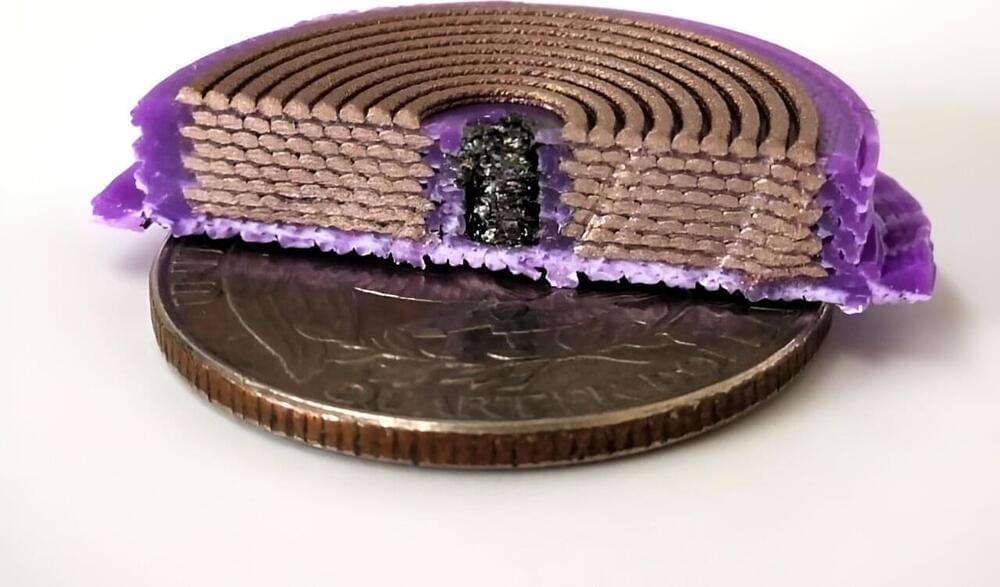
Imagine being able to build an entire dialysis machine using nothing more than a 3D printer.
This could not only reduce costs and eliminate manufacturing waste, but since this machine could be produced outside a factory, people with limited resources or those who live in remote areas may be able to access this medical device more easily.
While multiple hurdles must be overcome to develop electronic devices that are entirely 3D printed, a team at MIT has taken an important step in this direction by demonstrating fully 3D-printed, three-dimensional solenoids.

Scientists working in the Amazon rainforest have discovered a new species of snake, rumored to be the biggest in the world.
A team from the University of Queensland traveled to the Ecuadorian Amazon to search for the previously undocumented northern green anaconda (Eunectes akayima), following an invitation from the Waorani people to observe anacondas “rumoured to be the largest in existence,” according to the scientists.
The team joined the hunters on a 10-day expedition to the Bameno region of Baihuaeri Waorani Territory, before paddling down the river system to “find several anacondas lurking in the shallows, lying in wait for prey,” Professor Bryan Fry, a biologist from the University of Queensland, who led the team, said in a statement.
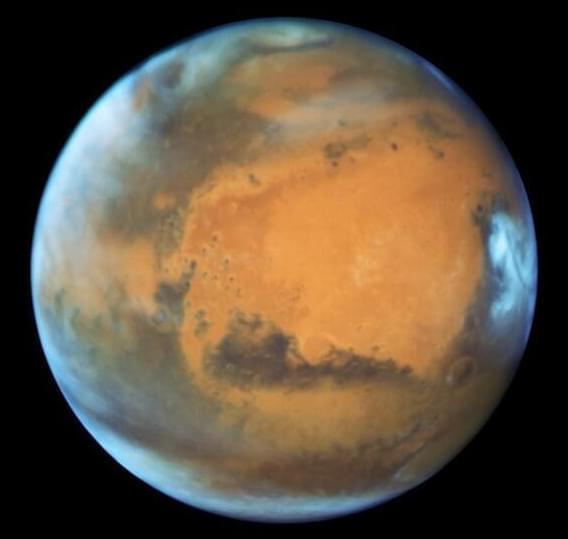
The agency says applicants must have a master’s degree with STEM qualifications and experience in the field, or a minimum of 1,000 hours piloting an aircraft or the requisite military experience. A bachelor of science degree in a STEM field also may be considered, NASA said.
“What we are looking for in this call is everyday civilians who are very astronaut-like to be research participants for us,” Bell said.
Compensation for participating in the mission is available, according to NASA, but an exact salary will be provided during the candidate screening process.

A Kenyan company is proving the saying: “one person’s waste is another person’s treasure,” still rings true.
On a February morning, a group of women on a Mombasa beach pick up plastic waste that will serve to build freezers.
The waste is sold to company Kuza Freezer where employees first break it down into pellets before moulding it into cold storage units.
